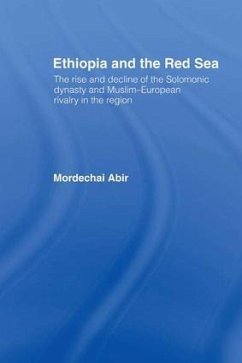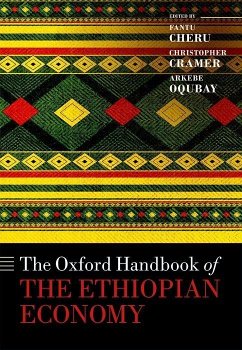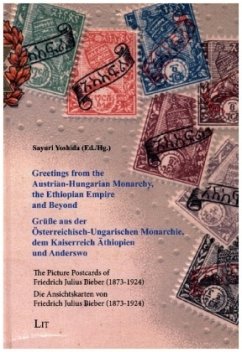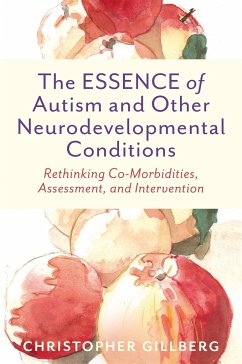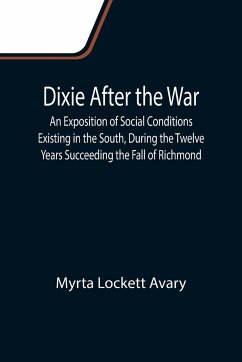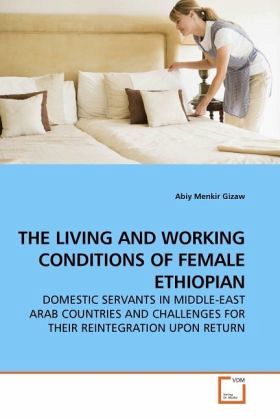
THE LIVING AND WORKING CONDITIONS OF FEMALE ETHIOPIAN
DOMESTIC SERVANTS IN MIDDLE-EAST ARAB COUNTRIES AND CHALLENGES FOR THEIR REINTEGRATION UPON RETURN
Versandkostenfrei!
Versandfertig in 6-10 Tagen
37,99 €
inkl. MwSt.

PAYBACK Punkte
19 °P sammeln!
Ethiopia is at present among the poorest nations of the world. Reports of international organs like the World Bank, UNDP and others have repeatedly shown this fact. For example, the World Bank report on Ethiopia for the year 1998 ranked Ethiopia 17th out of 175 nations. UNDP s report for the same period shows the Development Index (HDI) of Ethiopia to be 0.244, even far below the sub-Human Sahara African average, 0.380. A 2004 World Bank report is also in line with these facts and figures, and shown that Ethiopia is one of the poorest countries of the world with less than $100 GNP per capita i...
Ethiopia is at present among the poorest nations of the world. Reports of international organs like the World Bank, UNDP and others have repeatedly shown this fact. For example, the World Bank report on Ethiopia for the year 1998 ranked Ethiopia 17th out of 175 nations. UNDP s report for the same period shows the Development Index (HDI) of Ethiopia to be 0.244, even far below the sub-Human Sahara African average, 0.380. A 2004 World Bank report is also in line with these facts and figures, and shown that Ethiopia is one of the poorest countries of the world with less than $100 GNP per capita income. The main objective of the study is to make an overview of the socio-economic, working and living conditions of Ethiopian female servants in Arab Countries. And the study has the following specific objectives: 1. To find out the reasons for the migration of the females servants to the Arab nations 2. To uncover the general living and working conditions of the cases under consideration in their destinations 3. To identify the migrant female maids achievements and successes 4. To reveal the challenges they face upon return with regard to social and economic reintegration



